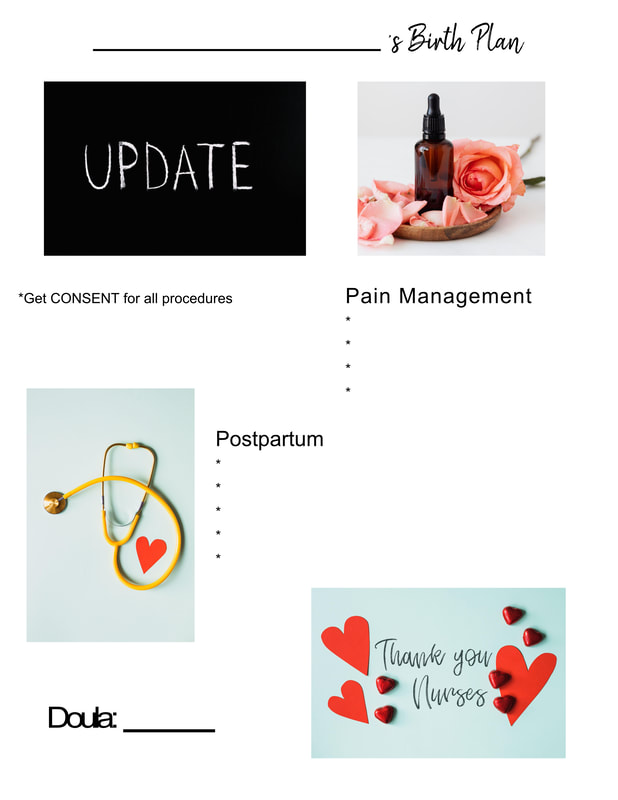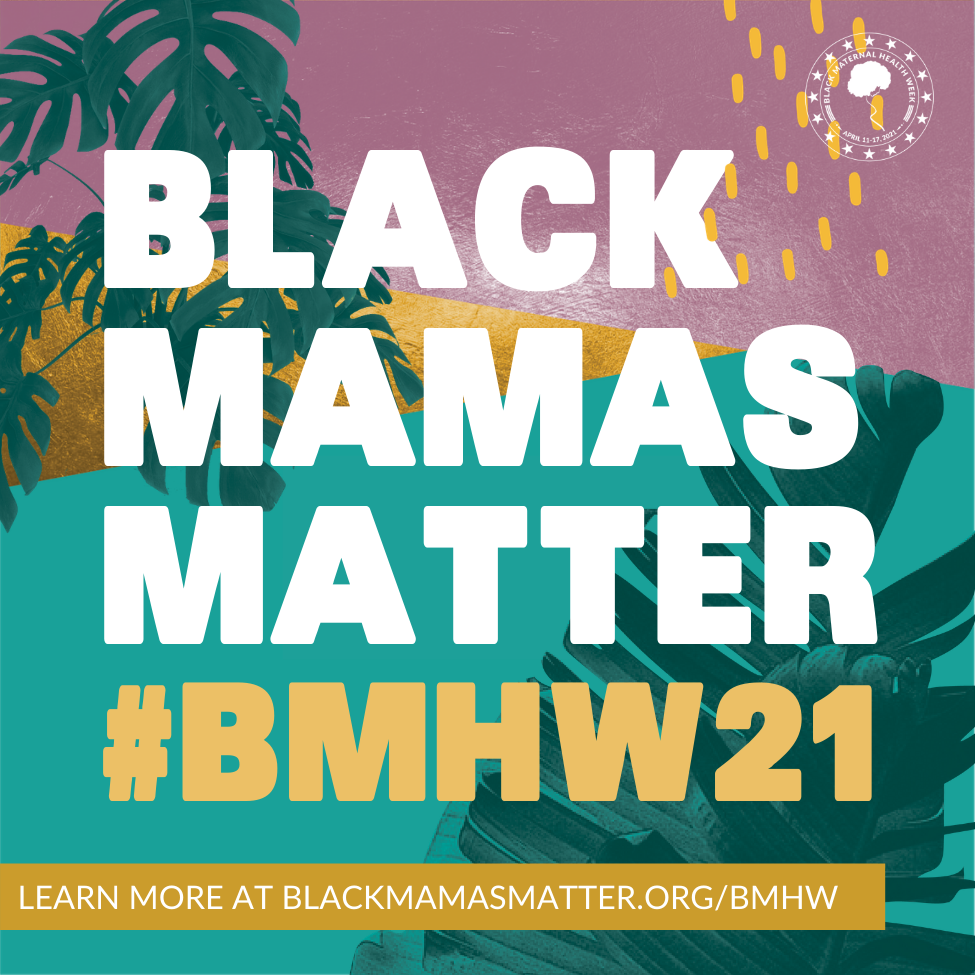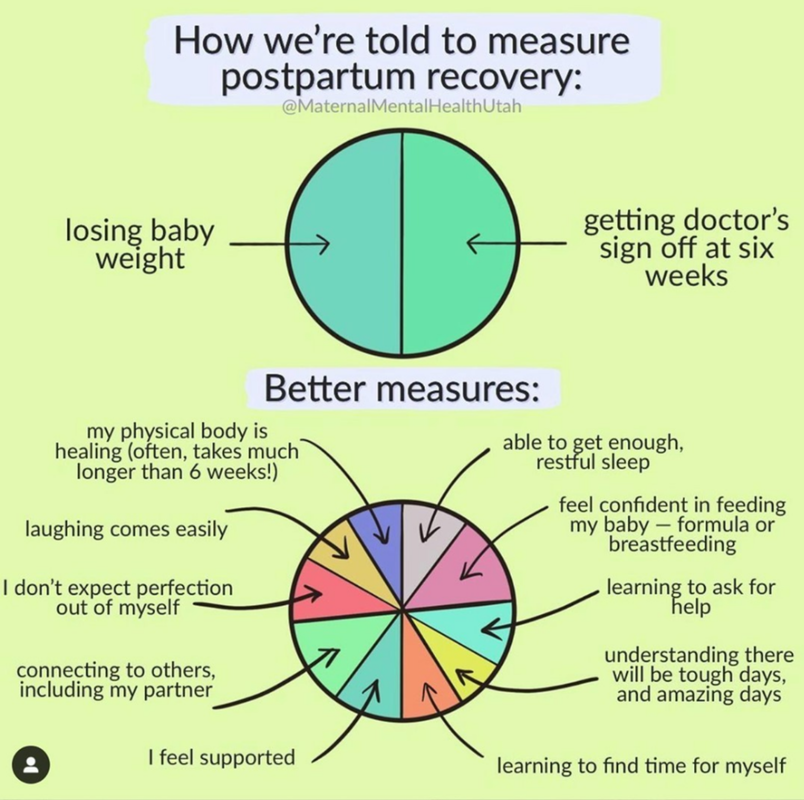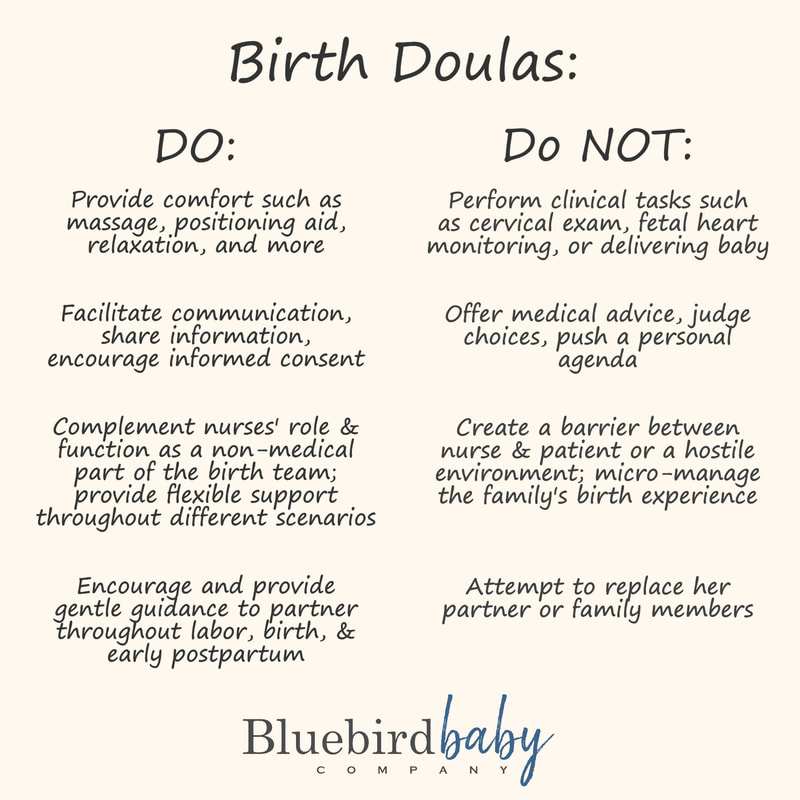|
What can I say that hasn’t already been said better by a thousand other voices? Still, I’ll add my voice to the chorus of millions calling for a #ceasefire. At this point, if you don’t know what’s going on in Gaza, you are guilty of deliberately sticking your head in the sand to avoid the news. What a privilege for you. Last week my family attended the Idaho Women’s March in solidarity with Palestine. I read later that the leaders of the march made a point to tell their speakers, “it’s best not to mention Palestine.” I can’t confirm this actually happened, because I didn’t hear it with my own ears. However, I do know that for nearly two hours of people shouting from the capitol steps, I didn’t hear Palestine mentioned once. I am profoundly disappointed in what I see as selective white liberalism. Reproductive rights are a GLOBAL issue–fighting injustice everywhere is crucial for LIBERATION FOR ALL.
Women in Gaza are facing challenges to their dignity and their health. 700,000 menstruating girls and women are currently living in Gaza, and due to Israel’s blockade, they lack access to shelter, feminine hygiene products, soap, clean water and basic supplies. Out of desperation, they have taken to using strips of dirty tent material threatening them with chronic illness and disease.
As of this writing, the current official (and likely underreported) death toll in Gaza is 25,105. Of that number, 70% of those killed in Gaza have been women and children. This particular statistic keeps popping up among accounts and news organizations that I follow, and every time I see it, part of me wonders why we need to mention that at all. It implies that the deaths of the remaining 30% of the population are somehow not as tragic. For me, there’s not a single justifiable death among those tens of thousands of people. In the words of Adam Grant, “Throughout history, people committing atrocities have convinced themselves they’re a necessary evil. Evil is never necessary. Rationalizations perpetuate vicious cycles of violence. Noble ends don’t justify vile means. Violating human rights doesn’t serve a greater good.” Although we should all be on strike permanently until this ends, this week is a global strike. I’m not going to explain how to strike here–you can look it up for yourself. But I’ll repeat my call for action, ANY action. Boycott, march, make posts, CALL. YOUR. REPRESENTATIVES. EVERY. DAY. DEMAND A CEASEFIRE. In the words of a remarkable person I just recently met, “I can’t believe every mother isn’t going absolutely feral right now.” Put yourself in the shoes of any Palestinian person and ask yourself, what would you do? #freepalestine #ceasefirenow #endthegenocide
0 Comments
Use the template below for an easy printable birth plan. (Click on the image for a downloadable file.) Keep it simple–the nurses/midwives will likely ask you all of these questions anyway. The broader, more detailed parts of your plan should already be known between you and your doula/support partner and don’t need to be included in this plan. A good basic plan consists of just a few things: pain management options during labor and delivery, and your immediate postpartum wishes. If you have questions about any of this, don’t hesitate to ask your doctor, midwife, or doula for help!
For pain management during labor and delivery, you may want to list some or all of the following: *labor in the tub/shower *fentanyl shot *nitrous *epidural *NO epidural For postpartum, your care providers will want to know the following: *delayed cord clamping *dad/partner cut cord *antibiotic eye drops-YES/NO *vitamin K-YES/NO *Hep B-YES/NO
It’s been brought to my attention, however, that my silence itself sends a message (of course it does). But it’s not the message that I want to convey to my potential clients–that I love and support ALL people, that I stand with HUMANITY. Which brings me to the subject of inherent bias.
Inherent bias refers to the effect of underlying factors or assumptions that skew the viewpoints of a subject under discussion. In other words, my own personal experience can blind me to the experiences of others. Birth workers encounter this all the time when working with Black women, for example, who suffer from disproportionately high rates of maternal death and infant mortality and who are routinely mistreated by the healthcare system within the United States. It is on us to be educated, informed, and open to seeing this. Inherent bias is something that I, as a person of privilege, am constantly working on. It’s important to me to not only be available to clients who might not usually hire a doula, but to also be able to meet them in a place of empathy and understanding for whatever their situation or circumstance might be. This means that in my studies and career I’ve done many trainings in trauma support, various multicultural birth support methods, gender and racial equality, and socioeconomic issues. None of this means anything though if I don’t speak up and make it abundantly clear that I am a safe person with whom you can share your experience. So let me be clear: thousands of innocents are dying every single day right now. Millions more face permanent displacement, starvation and death. In the name of self defense, Israel is breaking multiple international laws and conducting a campaign of terror and genocide in Gaza and they are doing it with the full support of the United States government. Let me also say this: PEOPLE ARE NOT THEIR GOVERNMENT, OR THE TERRORIST ORGANIZATIONS WITHIN THEIR COUNTRIES. And what does all this have to do with birth, you might ask? The answer is EVERYTHING. In Gaza there are currently more than half a million displaced women and girls. There are more than 50,000 pregnant women with more than 5500 of those women due to give birth in the next month--in a place where hospitals have no power, running water, or even a roof (source: Institute for Palestine Studies). In the eloquent words of @taprootdoula, "Once you become a mother, you mother every child. You mother the entire world." We all love our children in the same language (@yoga_girl). So, these are things that I’m personally doing in support of the Palestinian people and I encourage you to do the same because your voice matters. I also encourage you to make it clear to others that you are actively engaged in these activities. My inherent bias told me that doing so was patting myself on the back, and so I remained silent with regards to my activities. But I understand now the importance of letting people know, in a respectful way, where you stand. My hope is that this post also gives you the extra support you need to speak up if you are feeling a little intimidated. I see you, I support you, and I love you all. #ceasefirenow #bringthemhome #freepalestine RIGHT NOW: Text CEASEFIRE to 51905 This will take you to a page created by Jewish Voice for Peace where you can: tell President Biden to call a ceasefire now, tell Congress to support a ceasefire, and demand better coverage on Gaza from the New York Times. Educate yourself and others; learn from history, READ, watch documentaries and have empathetic conversations with your community. I highly recommend reading “The Olive Grove” by Deborah Rohan. Learn more by following @palestine.academy Denounce Islamophobia and antisemitism. Join a rally, protest, march, or vigil near you. Sign the petition on JVP.org Contact your representatives and demand an immediate ceasefire and return of the hostages. Call 202-224-3121 or visit https://www.commoncause.org/find-your-representative OR download the 5 Calls app, which connects you directly to your representatives and gives you a script to follow. If you do not like talking to people, call after hours and leave a message. SPEAK UP NOW FOR THOSE WHO CAN’T! Follow accounts like: @eye.on.palestine @sbeih.jpg @jewishvoiceforpeace @aljazeeraenglish
Not Your Mama's Jello Choose a storage container such as a mason jar or bowl with a tight-fitting lid. Add about ½ C juice to the container and sprinkle with gelatin powder. Whisk together to combine, allowing to sit for5 minutes to bloom. It should look like sludge. While the gelatin is blooming, pour the remaining juice into a medium saucepan. Heat over medium heat until almost boiling. Remove from heat and pour into gelatin container (make sure your gelatin has bloomed first!). Stir in sweetener (if using) and whisk well to dissolve. Allow to cool for a bit, cover, and refrigerate about 4 hours or until set. *Use fruit in the juicer (strawberry, raspberry, blackberry, watermelon). Put the pulp through an extra time. Add about ¼ C of water to achieve the total 2 cups of juice. You can also use pre-made juices such as peach, passion fruit, guava, cranberry/pomegranate etc–just avoid any citrus as it will inhibit the gelatin from blooming properly. Real juices will result in a cloudy-looking finished product, but that’s fine! **Granulated sugars such as coconut can be used here, but they can be more difficult to dissolve and affect the finished texture. You can also use honey, but it has a prominent flavor.  We all know that birth rarely goes according to plan. As a doula, it’s my job to make sure to the best of my abilities that when things go off track my clients feel informed, empowered, and in control of the decisions that are being made. It’s also my job to help clients let go and grieve unmet expectations as we go along. While I take this protection of your experience very seriously, sometimes there are reasons that this emotional processing must be done later. Maybe things were moving too quickly, or you were too tired in the moment to even begin to think about it. One thing we can know for sure about birth, is that in the best of circumstances it is completely life altering. It is a monumental shift on every level of everything you ever knew to be true. When things don’t go according to plan, this shift can feel even more daunting. I recently attended a birth. Of course you did, you say. I was going to make that sentence a little longer, but realized I can’t possibly say all the things I need to say about this birth in one sentence. This birth was…first and foremost, LONG. It was hard. Determined. Strong. Distressing. Hopeful. Beautiful. Messy. Fraught. Powerful. Anxious. Calm. Did I already say, long? This birth was a process filled with letting go, of releasing unmet expectations, constantly adjusting to new options, and coming to terms with the realization that we are most often not in control. It was a lovely, if not extremely difficult, metaphor for parenthood: that journey in which we give it our best shot and then standby and watch as it all falls apart, over and over again, only to get up and do it all again the next day. And if that sounds a little dark, it's not my intention. This is a tribute to the sheer force of will and determination of one mother, and of all mothers, who give every last morsel of their energy–often to their own detriment–without a second thought. Who fight for what they need and for what their babies need. And who sometimes lose that battle. It can be a painful loss when it doesn’t go the way we wanted or expected. It can take time to grieve and heal. And that's okay. I often find myself saying, "well, this is not what we wanted." And while that is true so many times during birth, I also hope my clients can let go enough to see the beauty in this experience as it presents itself in other unexpected forms. In other words, when we let go, we create space for more. More power, more strength, more love. Maybe not as we envisioned it. But maybe in a way that allows us to walk this path with more grace and compassion than we would have previously–for others who walk the path after us, and most importantly for ourselves as we go through the process of letting go. In the words of Maya Angelou, "Each time a woman stands up for herself, she stands up for ALL women.” My hope is that this mother, and all mothers, come to see what I see in them: adaptability, strength, the birth of an immeasurable love for their families, and maybe most importantly a Woman Who Stood Up–for herself, for her family, and for all women. May we all strive for such heights.  I first learned of Ceremonial Hot Chocolate after the birth of my second daughter. It is a recipe published in my favorite postpartum guide The First Forty Days, The Essential Art of Nourishing the New Mother by Heng Ou. Designed as a Mexican-style cocoa, it is best prepared by and shared with a good friend or partner in celebration of mom’s powerful birth act. The addition of cornmeal gives the drink some substance and can be blended for a smoother consistency as the cornmeal adds an unusual texture. With slight modifications to the original recipe (I now remove the coconut oil), this is a beverage I still use regularly to nourish the soul and share with others when the occasion calls for it. Ceremonial Hot Chocolate  Serves 2 2 cups light coconut milk or almond milk 3 tablespoons cacao powder or unsweetened dark cocoa powder (you could also use carob powder) Pinch of sea salt ½ teaspoon chili powder 1 tablespoon coarse cornmeal 1 tablespoon coconut oil, ghee, or salted grass-fed butter 1 teaspoon cinnamon Honey, maple syrup, or coconut sugar to taste (optional) 1 small strip of orange peel (optional) In a medium saucepan over medium heat, warm the coconut milk, and then stir the rest of the ingredients into the milk slowly. When the cacao and sweetener are dissolved and it tastes perfect to you, drink warm. There may be some congealed bits of cornmeal, which add texture, or you can blend until smooth. Just because Black Maternal Health Week is coming to a close, doesn’t mean we stop advocating for black women and babies. Implicit bias, or a subconscious negative attitude toward a certain group, is a major problem affecting Black mothers and their babies. Over the course of the last week we’ve posted some bleak statistics that bear repeating:
-Black women are three to four times more likely than white women to experience a pregnancy-related death. The CDC reports three out of five of those deaths could have been prevented. -Underlying health conditions make pregnancy more risky for black women. High blood pressure and cardiovascular disease are two of the leading causes of death according to the CDC. African-Americans are at an increased risk for these conditions, which have a dangerous effect on pregnancy. -Black women are mistreated by the healthcare system. A report from the Institute of Medicine found that Black Americans receive less quality healthcare than whites for nearly every disease there is, including prenatal care. Data shows that black women often aren't believed when they say they are in pain, and much of that is due to discrimination and bias in the healthcare industry. -Black infant mortality rates keep going up. You read that right: black infant mortality rates keep going UP. Not only are black mothers at risk while giving birth, so are their babies. Black infants in America are twice as likely to die as white infants. According to the CDC, well-educated, middle-class black mothers are more likely to lose their babies than poor white mothers without a high school diploma. -Black women receive less help for postpartum depression. Postpartum depression is debilitating and affects roughly 10-20% of women who give birth. Black mothers are less likely to get the help they need. According to the National Institutes of Health, about 8% of white women receive treatment for their postpartum depression compared to only 4% of black women. If you are a parent of color, here are 5 ways to self advocate, courtesy of @drkiarraking: -See a doctor you trust. -Never be afraid to ask questions. If you are made to feel less than or as if you are bothering the doctor, FIND A NEW ONE. -Bring a family member, friend, or trusted ally like your doula with you to visits. -Never be afraid to get a second opinion. -Listen to your body and trust your instincts. Pregnancy can bring a lot of uncertainty. If you are concerned, SPEAK UP. The New York Times also just published this excellent guide for black mothers and their care providers, "Protecting Your Birth: A Guide for Black Mothers." And if you are an advocate for a parent of color, here are 6 ways to take action now, courtesy of DONA International: Make a donation to The Grand Challenge. This organization funds full scholarships to midwifery school, doula trainings, and childbirth educator trainings to people of color so they can gain the skills they need to work effectively in their communities. If you are a faculty member, trainer or instructor in any of these areas, consider participating in The Grand Challenge by offering a full scholarship, a mentor-ship or being a preceptor to a participant selected by The Grand Scholarship. Donations of services or funds can make a huge difference and make education accessible to folks who need some support. Consider offering a free or reduced fee birth or postpartum package to a family of color so they can personally experience the benefits of having a doula on their team. Bluebird Baby Co is happy to discuss our sliding scale with you. We want ALL parents to feel supported through birth and postpartum. Write a blog post to share on your website or on a local community blog about Black Maternal Health Week and some of the inequities that Black families face during pregnancy, birth or postpartum. Increase your own awareness of the issues facing Black families by reading “Battling over Birth: Black Women and the Maternal Health Care Crisis.” DONA International has reviewed this amazing book and loved how it centered the experiences of Black women and parents. Download the DONA International Legislative Toolkit which was created by DONA International’s Advocacy Committee, and learn how to advocate for change on the local, state and national level that will impact Black families who are pregnant, birthing and parenting. Join DONA International’s Health Disparities and Inequities subcommittee under the direction of Kelli Brien, Subcommittee Chair. Contact the Advocacy Committee to get connected. The Health Disparities and Inequities subcommittee “aims to raise awareness among doulas, clients, healthcare providers, policymakers, and the general public about disparities and inequities in healthcare; educate DONA International doulas in effective ways to reduce health disparities and inequities, as well as improve health outcomes among communities currently and historically experiencing discrimination; and decrease disparities and inequities among population groups and communities within our scope of practice as doulas.” The inequities and racism facing black families every day are unacceptable, but they are not insurmountable. We must take responsibility for educating ourselves, advocating to improve the situation, speaking out, and supporting families of color. What are the most common markers of postpartum recovery? Social media inundates us with images of “perfect” postpartum bodies, bombards us with words like “bounce back,” and encourages us to lose the weight quickly. With my first baby, I went to the doctor for the usual 6 week post-delivery appointment. Despite post-birth pain I was having at the time, some lingering lactation issues, and a vague feeling on some days that I was drowning in uncertainty, I was cheerfully “cleared to return to all regular activities!” Great, I thought. Normal. What does that even mean?
Nearly 6 years after the birth of my first, I’ve learned a great deal about the importance of postpartum care for new parents--both the parent that actually gave birth and the supporting partner. That care can come in many formats, from accepting help from friends and family, to hiring a postpartum doula, to creating a plan of self-care before the birth. Bluebird Baby Company sells products designed to nourish the postpartum body and soul, but we’re also happy to share our recipes too if you find you have time on your hands and want to get creative in the kitchen. And finally, maybe one of the most important components of the postpartum experience is managing expectations. Every experience is uniquely yours. Generally speaking, healing from pregnancy and birth takes longer than 6 weeks. It’s good to remember some other markers of recovery too, such as learning to ask for (and accept) help, understanding there will be tough days and amazing days, learning to find time for yourself--even if it’s just a few minutes. Feeling supported, connecting to others, getting enough sleep, and not expecting perfection all help contribute to a sense of well-being and make the adjustment into parenthood a little easier. Thinking about hiring a birth doula? What about a postpartum doula? What’s the difference? Why can’t my partner just fulfill these support roles--what’s so special about a doula?
There are so many things to figure out before Baby comes that sorting out whether or not to hire a doula might feel like a daunting task. And while it’s impossible to completely control a birth story, it’s been shown consistently that having a doula present positively impacts the outcome. Birth doulas are trained professionals who provide support through labor and delivery, wherever those processes take place--at home, in birth centers, or in hospitals. They are dedicated to supporting you through the whole process. If you are delivering in a birth center or hospital, labor nurses often have many patients at the same time and are unable to do much more than pop in and out to check on progress. Here is a breakdown of a birth doula’s duties: Birth doulas provide comfort such as massage, positioning aid, relaxation, and more. We do not perform clinical tasks such as cervical exams, fetal heart monitoring, or delivering baby--that’s left for doctors and midwives (and of course, mom!). Birth doulas facilitate communication, share information, and encourage informed consent. We do not offer medical advice, judge choices, or push a personal agenda. We are there to support you in your birth process and help remind you of your preferences when things get tough. Want to change your mind halfway through? That’s okay, we’ll help you through that process too. Birth doulas complement the nurse's role and function as a non-medical part of the birth team, providing flexible support throughout different scenarios. We do not create a barrier between the nurse and patient, a hostile environment, or micromanage the family’s birth experience. Birth doulas encourage and provide gentle guidance to a partner throughout labor, birth, and early postpartum. We do not attempt to replace your birth partner or family members--birth partners are critical to success! Now that Baby is finally here, the real adventure begins. Postpartum doulas can help you make the transition into a new family unit more smooth. We provide services to new families that nurture both baby and new parents. Services range from cooking meals, light cleaning, and breastfeeding/bottle feeding support, to overnight shifts that let you recuperate and get some sleep. The health and well-being of new parents is often overlooked in our rushed and modern society. Our goal is to build a safe and nurturing environment around all new families. |
Serving all birth centers, hospitals, and home births with independent midwives in the Treasure Valley and surrounding areas:
St. Luke's-Boise, Meridian, Nampa, Wood River (mileage fee applies)
St. Alphonsus-Boise and Nampa
Treasure Valley Midwives
New Beginnings
Boise River
Family Tree Midwifery
Copyright 2024 Bluebird Baby Company LLC
Boise, Idaho
St. Luke's-Boise, Meridian, Nampa, Wood River (mileage fee applies)
St. Alphonsus-Boise and Nampa
Treasure Valley Midwives
New Beginnings
Boise River
Family Tree Midwifery
Copyright 2024 Bluebird Baby Company LLC
Boise, Idaho









 RSS Feed
RSS Feed